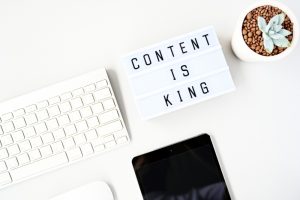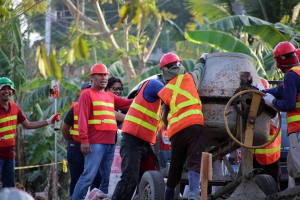Whether you want to listen to your favorite song, watch your favorite TV show or movie, or want to be updated on the latest news, you are likely to make use of mass media.
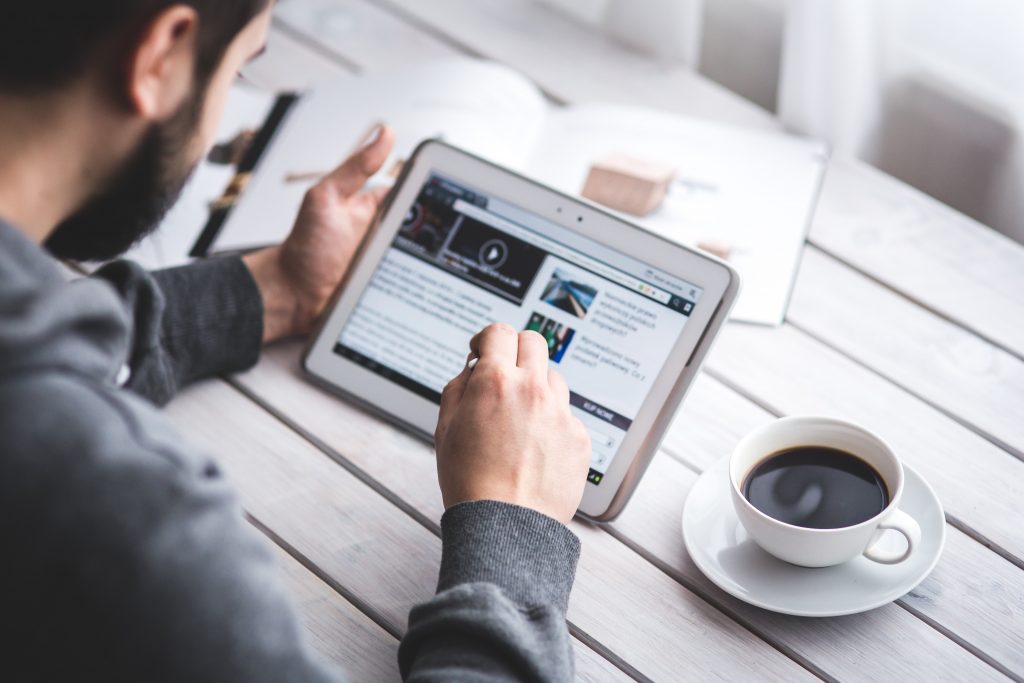
Photo courtesy of Kaboompics.com via Pexels. Creative Commons.
Mass media refers to any technology that is meant to reach the general public. This is also where people get their news and entertainment, and it can also drive social change. Some of the common mass media platforms are television, newspapers, radio, and online media.
Speaking of which, digital marketing is a cost-effective, modern, and fast way to communicate to your audience. Not to mention that it can help shape personalities, as well as change the way people perceive the world.
That said, here are three ways that showcase the role of mass media in social transformation:
Public Healthcare
Digital marketing is changing the way public healthcare works, whether it be through public health campaigns, online consultation, or medical purchases.
In fact, during the current pandemic, many of the local government units used social media for their anti-COVID 19 efforts.
Some used social media to conduct a health survey. The survey is meant to collect information from their constituents, which can give them an insight into the current health situation of a particular area. This will also allow a resident to connect with a qualified medical professional who can provide assessment and guidance in these trying times.
There are also LGUs that use various mass media channels for automated contract tracing for suspected COVID-19 patients. That way, their local healthcare unit can identify a cluster source. This could come in handy for conducting targeted mass testing.
People within the healthcare industry are also using digital media to implement health-related communication plans, such as Depart of Health’s COVID-19 case bulletins that are available via Facebook and Viber.
But prior to the COVID-19 outbreak, healthcare providers have been using various mass media tools to provide consultation. It can be through online surveys or video calls. On the other hand, consumers are able to purchase medicines within the comfort of their homes through e-commerce.
Civic Participation and Governance
Back in 2011, the people of Egypt poured into the streets to demand a change of regime. This movement resulted in the ouster of President Hosni Mubarak.
But what made this revolution possible was social media ‒ Facebook in particular.
While some were skeptical, citing that protests were made possible even without these digital tools, some researchers argue that social media has helped activists organize and mobilize such protests.
Regardless, here are some takeaways from Egypt’s 2011 “Facebook Revolution,” that proves the role of media in social change:
- Social media is a great way for the government to connect with their constituents, gather ideas, build plans, and create initiatives.
- Social media is a great way for the government to build social awareness and gather support for their cause.
- Social media is a great way for the government to keep its constituents updated with your cause.
- Social media is a great way for the government to organize and mobilize a movement, regardless of how local or national its scope is.
- Social media is a great way for the government to practice transparent governance.
Disaster Response
Have you noticed your Facebook friends marking themselves “safe” following a natural disaster? This is the social media giant’s contribution to disaster response ‒ Facebook’s Safety Check.
Aside from marking a user in disaster zones safe, it allows users to connect with nearby users to either ask or give help. Moreover, Facebook users are encouraged to raise funds and provide support through donations.
As Heather Leson of Qatar Computing Research Institute pointed out, more and more people will be using social media for disaster response and relief.
Here are some ways social media, and digital media in general, can help in disaster response and relief:
- People can immediately log on following news of natural disaster or man-made catastrophe. This allows first responders to immediately gather data where the help is needed the most.
- Volunteers and members of the local government unit can be notified immediately and be made aware in case there is a need for emergency responders nearby.
- Online media allows volunteers and responders to mitigate information overload. Since these mass media channels allow emergency responders to gather information immediately, they can use the data to request for humanitarian assistance.
Simply put, digital media helps bridge the gap between disaster respondents and people at risk.
Digital Media can Help Us Solve the World’s Challenges
From Egypt’s Facebook Revolution to conducting online fundraising concerts, there is no denying of digital marketing’s role in social transformation.
Mass media, as an agent of social change, enables the citizens to hold their government accountable. In fact, according to Esra’a Al Shafei of Mideast Youth and Melissa Tyas of Crowdvoice, “Content shared on social media has increasing potential to be used as evidence of wartime atrocities and human rights violations.”
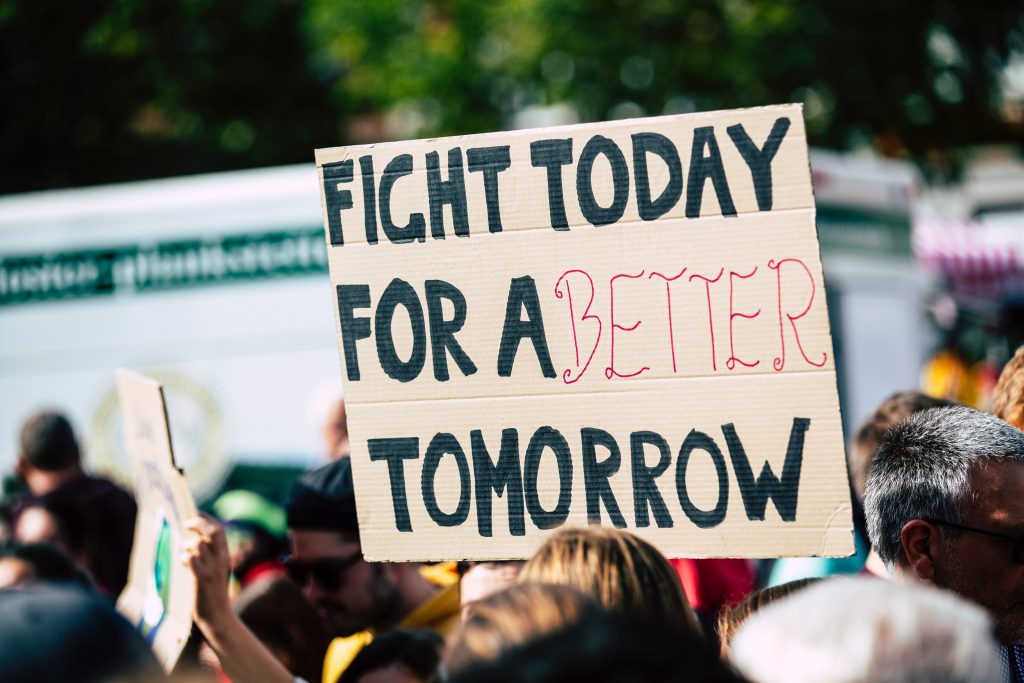
Photo courtesy of Markus Spiske via Pexels. Creative Commons.
That said, digital marketing has the capacity to influence like-minded people to support a business, as well as take on the world’s biggest challenges. This includes climate change, animal rights, human rights, and disaster relief. If you are looking for ways to leverage digital marketing to promote your organization’s social cause and communicate your key message, ASSIST Creative Lab can help you implement strategies and tactics that optimize your social program’s online footprint
